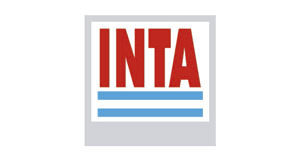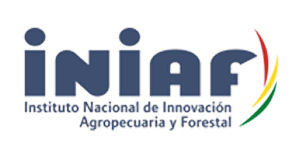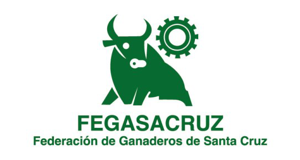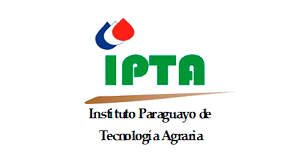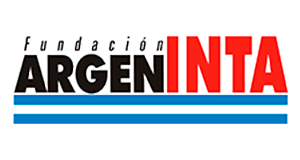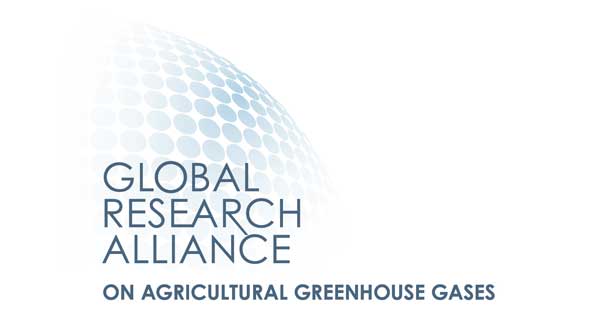Technological innovation to transform family livestock farming in the South American Chaco.
Productivity was increased and environmental impact reduced in family livestock systems in the region through the adoption of technology supported by training and technical assistance.
Context of the story
The issue of low productivity among family cattle farmers in the South American Chaco (Argentina, Bolivia, and Paraguay) was addressed. These producers represent more than 90% of the total cattle farmers in the region and own small to medium-sized herds (20-500 cattle). Low productivity is reflected in the scarce number of calves produced per 100 cows per year, which is measured by the weaning rate, a key indicator for evaluating the project's impact. While family producers have an average weaning rate of 45%, large producers with technology and infrastructure achieve rates of 80-90%. The weaning rate not only affects family economic income but also has a direct impact on the carbon balance and other ecosystem services.
Technology innovations
The implemented initiative
This project seeks to improve the efficiency, stability and resilience of family beef production systems.
Specifically:
1) Productive systems were surveyed in each of the agroecological zones and alternative improved practices were proposed.
2) A network of pilot sites in farmers' fields was assembled, to adapt, evaluate and demonstrate proposed technologies to ranchers.
3) A technical assistance and training plan for family beef production innovation is being implemented.
4) A system for the registration and monitoring of cattle farms is being developed, with evaluation of technological uptake and the effects on the productive system.
Tools to address the problems
The technological solution
With a participatory approach, extension agents and producers agreed the critical technologies to be implemented in each pilot site, which were grouped into 4 types:
a) fodder and food: pasture implantation, preparation of fodder reserves, stock adjustment according to fodder supply and animal requirements, and improvement of grazing systems;
b) Infrastructure and business management: field divisions, water collection and distribution systems; registration and monitoring of administrative performance indicators.
c) Animal health: Adaptation of the health plan to the system and the area, control of parasitic and infectious diseases and bull evaluation.
d) Herd management: monitoring of animal body condition, elimination of unproductive categories, supplementation of calves and heifers, seasonal breeding, pregnancy diagnosis and early weaning.
"The IPTA technicians accompanied us, training us on how to better manage the health of our animals. It's very important to have someone to discuss these matters with."
Type of project
Results
Updated characterization of family bovine systems in the Chaco region and of the technological alternatives incorporated during the project.
Installed network of 90 pilot sites adopting technological improvements, serving as experimental, demonstrative, and training units with future prospects.
124 training sessions were conducted for 2,532 producers, 152 extension agents, and advisors in bovine production in the Chaco. A virtual livestock innovation course and a herd management App will be made available, scalable to other producers and technicians.
Participating producers, on average, increased their initial calf weaning percentage from 54.5% to 61.9% (a 12% increase) even in a challenging climatic context, and raised their meat production by at least 10.06%.
Relevant data
RESULTS OF TRAINING AND VISITS 2021/24
The goal was to contribute with technology that allowed a 10% increase in the baseline weaning rate
IMPROVED WEANING RATE AT THE END OF THE PROJECT
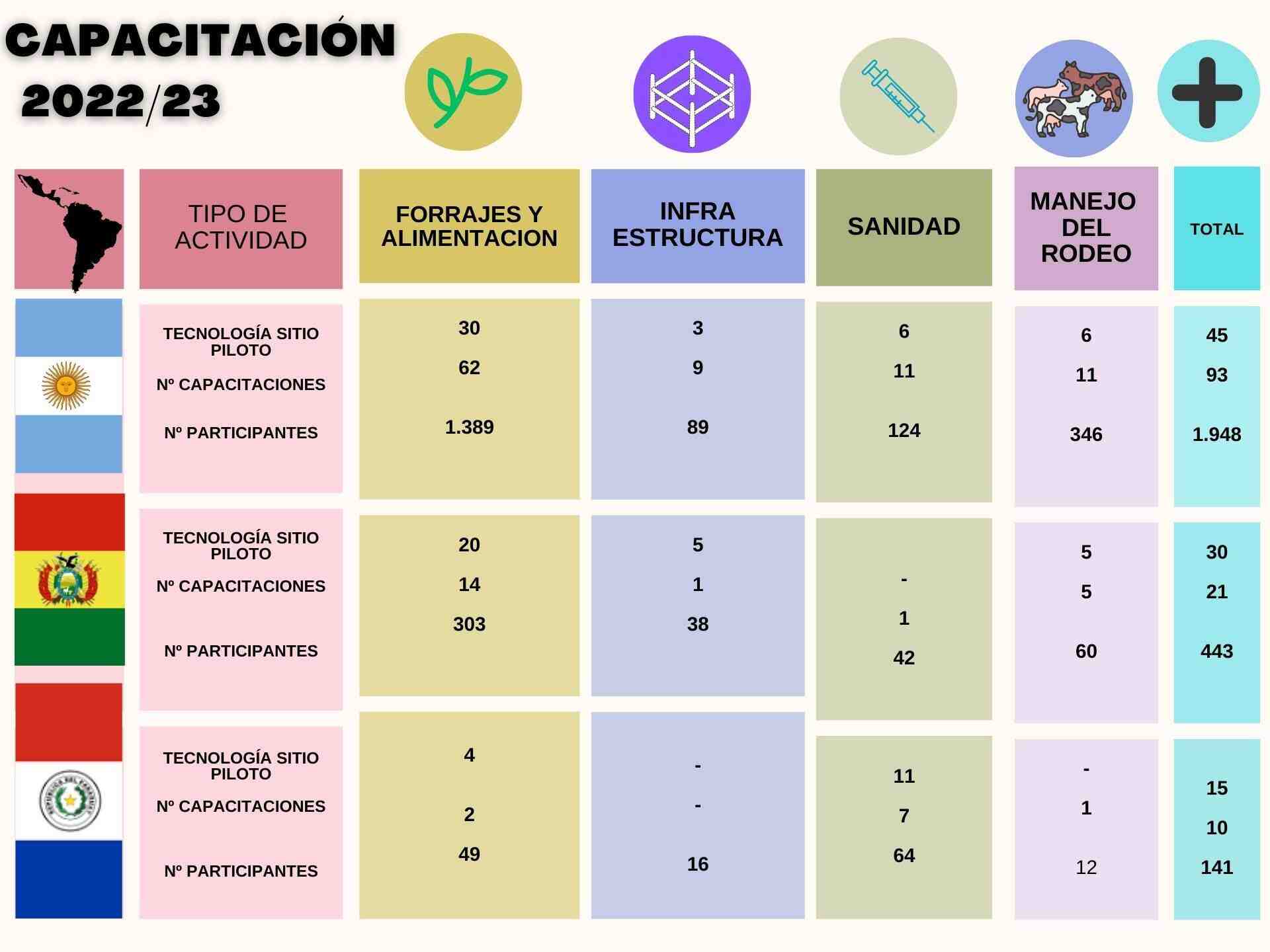

 Back to the project
Back to the project Argentina
Argentina Bolivia
Bolivia Paraguay
Paraguay